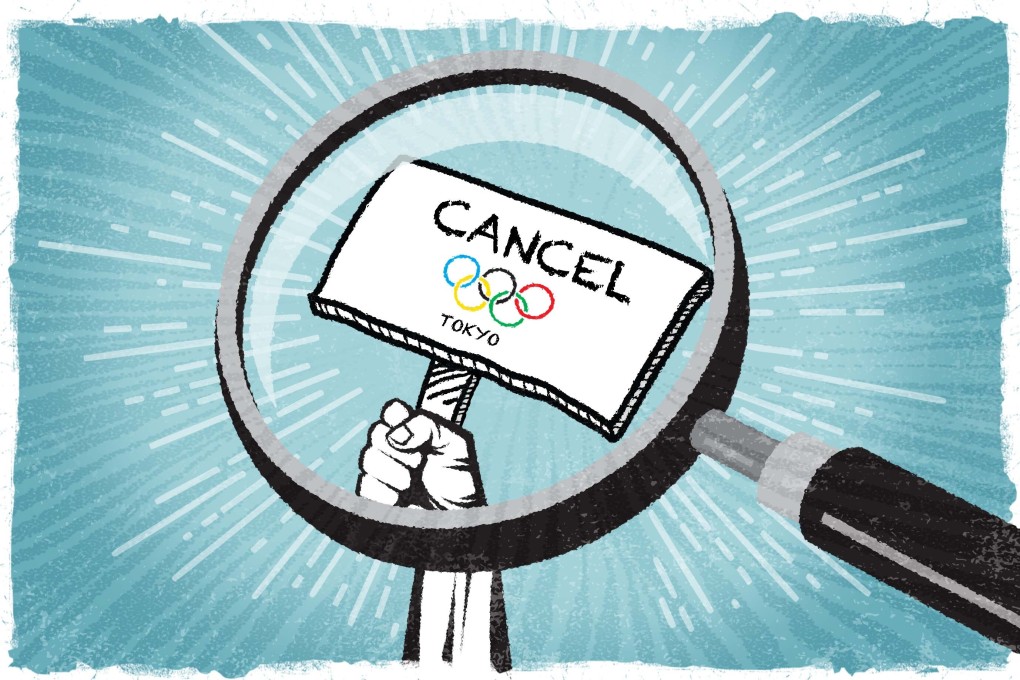Tokyo 2020 Olympics: ‘never too late’ to cancel say protesters as hundreds plan anti-Games rally with a month to go
- An alliance of 15 groups, including ‘Cancel the 2020 Olympic Disaster’, plan to protest against the Games in Tokyo on Wednesday
- They want the sporting spectacle called off. Medical groups have also voiced their concerns about holding it amid the coronavirus pandemic

“It’s never too late to call the Olympics off,” insists Jun Oenoki, a leading member of the “Cancel the 2020 Olympic Disaster” group. “They should be cancelled. It really is as simple as that.”
Oenoki’s group is one of several set up after the International Olympic Committee announced Tokyo as the host of the 2020 Games back in 2013, whose members are furious that organisers are seemingly ignoring deep-rooted public concern about the event and arrogantly insisting it cannot be cancelled.

An alliance of 15 such groups plan to hold a large protest from 6pm on Wednesday – a month before the opening ceremony is expected to take place – outside the Tokyo Metropolitan Government building in the capital’s Shinjuku district, where they will display their home-made banners condemning the Games and listen to speakers denouncing the decision to go ahead.
Hundreds of protesters are then set to march to the square in front of Tokyo’s Shinjuku Station to continue to voice their opposition.